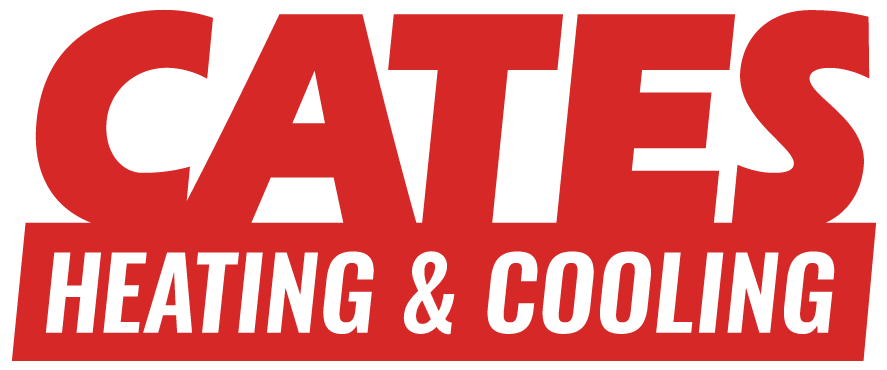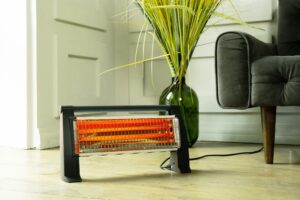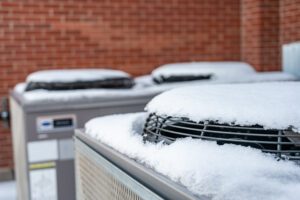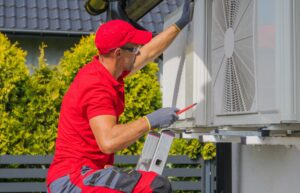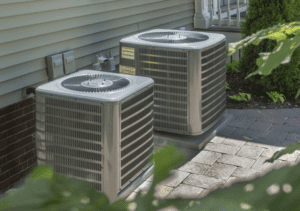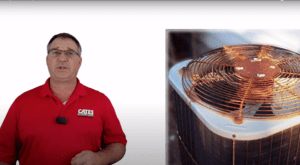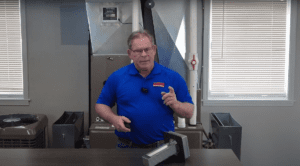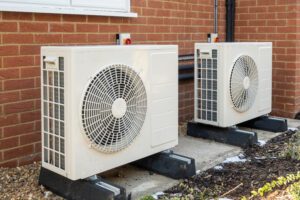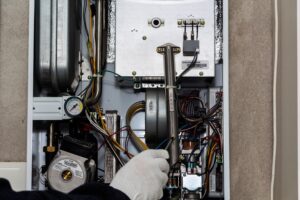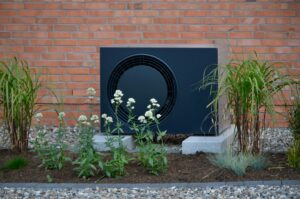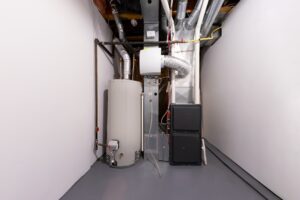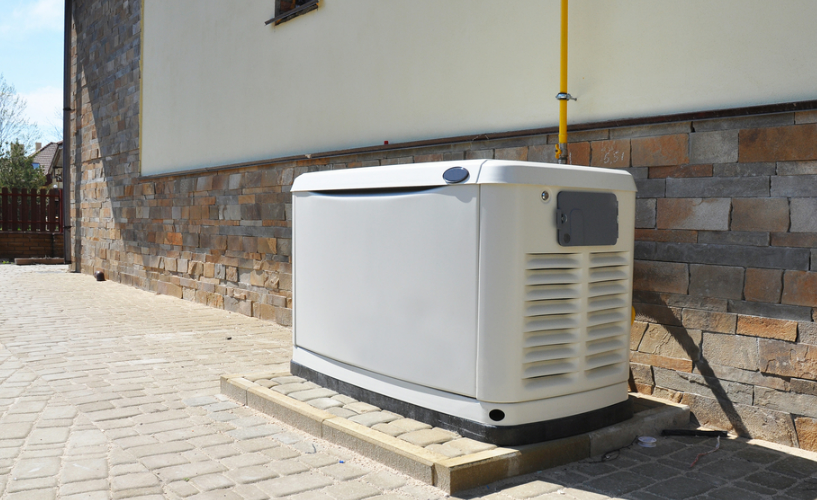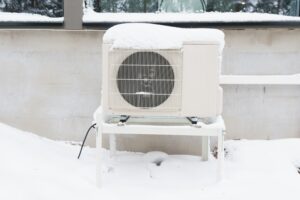You probably expect to have electricity 24 hours a day, seven days a week, 365 days a year, but that might not be the case. It is likely that you will experience a power outage at some point during your home ownership, and it could range from just a few minutes to days without power. Cates Heating and Cooling in Lenexa, Kansas, is here to explain home generators and why you should consider one for your home.
Who Needs a Home Generator?
The short answer is everyone, but if you live in an area that is frequently hit by natural disasters or heavy storms that often knock out your power, then you should seriously consider purchasing a home generator. It becomes crucial to invest in a home generator if you live in an area with extreme temperatures. You definitely don’t want to be without any heat when a blizzard knocks out your power, and it is well-below freezing.
While Cates Heating and Cooling would encourage anyone who owns a home to consider purchasing a home generator, home generators are more relevant to people living in areas with frequent outages, frequent weather problems, or rural areas.
How to Pick a Home Generator
When it comes to selecting a home generator, it is important to understand some basic information and specifications to get just what you need in case of a power outage.
Types of Home Generators
There are two main types of home generators that you could consider: standby and portable. Both standby and portable generators can provide electricity to your home in the event of a power outage, but there are pros and cons of both types.
Standby generators are permanently installed as a power back-up in the event of an outage. A standby generator provides homeowners with the peace of mind that in the event of a power outage, whether they are home or not, their necessary appliances will receive the power they need to run properly.
Standby generators are typically powered by a permanent supply of natural gas or an LP fuel supply, which eliminates the need for you to refuel or charge up the generator on occasion. Having a constant source of energy, standby generators are able to kick on within seconds of the power going out.
Portable generators are a great option for people who want to be able to take a power source with them anywhere they go. In the event of a power outage, a portable generator can be used to provide power to vital appliances and devices in your home.
Portable generators are often powered by gasoline or liquid propane, which means that you will need to be sure that you have an ample supply of fuel should the power go out for an extended period of time. These generators should only be used outdoors to prevent any inhalation of dangerous fumes. Portable generators are convenient for camping trips and other outdoor activities, as well.
Other portable generators are solar powered. Solar powered generators can keep large appliances running for up to 24 hours on one charge, and they can take up to six hours to charge with solar panels or about 18 hours via an AC plug. Unlike portable generators running on gasoline or propane, solar generators can be used inside your home, because they don’t have any gas emissions.
Sizes of Home Generators
Generators come in a variety of sizes and power outputs. The size of your portable generator should be dependent on how you intend to use it. If you are just looking for a generator that can power the essentials, such as a refrigerator, sump pump, lights, the microwave, and a television, you can stick with a small generator that can handle between 3,000 and 4,000 watts.
If, in the event of a power outage, you want to be able to keep a home in a cold climate extra comfortable, you may want to invest in a portable generator that can handle between 5,000 and 8,000 watts. A mid-sized generator is more suitable for running space heaters and computers.
For those who live in uncomfortably warm climates and want to be cool, consider a large portable generator that can handle a load up to 10,000 watts. This size of generator can also accommodate air conditioning units and stoves.
There are three different options for standby generators. The essential circuit coverage will only cover selected appliances when the power goes out. All the basics are covered, including refrigeration, heating and cooling, lights, and a well pump. The essential circuit standby generator is the most economical option for standby generators. With some careful calculations, you will be able to determine a list of appliances and other electronics that you can power when the electricity is out.
A managed whole-house standby generator will give you the ability to use all of your appliances, but not all at the same time, which isn’t an issue for most homeowners. With a managed whole-house generator, you just need to be sure to monitor what all is being used at once.
The top of the line option would be a complete whole-house standby generator, which will give you access to all of your appliances at the same time. Once a complete whole-house generator is installed, any time the power goes out, all your appliances will come on and stay on. You will need to choose a complete whole-house standby generator that is capable of powering a home of your size, however, so work with a professional to determine the best option for you.
Costs of Home Generators
When it comes to cost, there is a huge range for home generators. Standby generators usually cost between $4,000 and $10,000. Pricing can be influenced by additional features such as Ethernet connections and automatic switch-on. Keep in mind, installation costs will be required for a standby generator as well.
Portable generators are typically much cheaper than standby generators. A basic portable generator will start at about $400, making them a much more affordable option for homeowners. The price range tops out at about $3,500, however, which is almost as much as a standby generator. You also won’t need a professional to install a portable generator, and you can use them to power things away from your home, unlike a standby generator.
If you have been considering a standby home generator, but still aren’t sure if it is right for you, contact Cates Heating and Cooling. A technician from Cates can come to your home and provide you with all the information you need, as well as help you determine what size of generator you would need to satisfy your desires in the event of a power outage. Contact Cates Heating and Cooling today at 913-888-4470.
